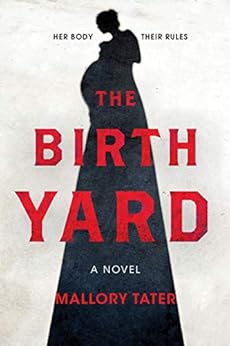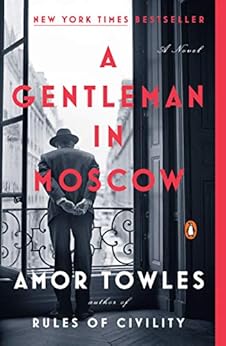I came across this title on a Canadian fiction preview list: https://www.cbc.ca/books/47-works-of-canadian-fiction-to-watch-for-in-spring-2020-1.5426273. I wish I’d skipped this book.
Sable Ursu lives in a patriarchal cult known as The Den. Women’s lives are strictly controlled; even girls’
menstrual cycles are regulated and synchronized. Sable turns 18 so her schooling ends and she
is paired with a Match in order to conceive.
In her second trimester of pregnancy, she is sequestered with other
women to a birth yard where they are prepared for giving birth and
motherhood. They are also drugged so
they will be less prone to hysteria and will be more compliant. Sable breaks some of the rules and she and
her friends suffer consequences.
Descriptions of the book mention how it echoes The Handmaid’s Tale. No
kidding! There’s the misogynistic, male supremacist
world where women are expected to “nurture and produce” and are blamed for all
of society’s ills: the founder of The
Den “believed women and their inability to temper emotion with reason were a
primary, key cause of many of society’s problems.” Women are even blamed for any sexual violence
committed against them. People in The
Den are kept away from the evil influence of Main Stream, the outside world. Of course, the protagonist has a questioning
nature which causes her to slowly realize the unfairness of the world she
inhabits and to rebel against it.
Sable should be a likeable character.
She is curious and demonstrates some independent thinking, and she
believes in loyalty to friends over loyalty to the community’s ideals. Unfortunately, she is just such a bland
person and ever so inconsistent. She
thinks, “Maybe I am a bad friend” (156) and “I think I’m a good friend”
(230). Sable’s opinion of her midwife
Grey is negative and then positive and then negative and then positive.
And Sable is not the only inconsistent character. All the young women behave bizarrely: Elspeth “wraps her hand around a table leg”
and Dinah “strokes her hand up the table leg.”
They are friends and then they are physically attacking each other. At one point, Elspeth lunges at Sable, grabs
her throat and squeezes. Dinah
intervenes by saying, “’Don’t touch her.
Stop touching her.’” That’s the
verb she uses to describe an attempt at strangulation? Elspeth’s actions are attributed to the
effects of the drugs, though the drugs (DociGens) are supposed to keep them
docile! Mamie’s behaviour and comments
suggest a lack of intelligence and Dinah even makes a comment about someone
being “dumber than Mamie” but then Sable thinks, “Mamie can’t face anything
that scares her – she’s too smart for her own good”? On one page, Sable comments, “my Father
hasn’t been doing as well. My parents
need my good favour to repair their home, to get Lynx’s money and attention”
but three pages later she adds, “my Father is in good favour with Lynx”?
Reading the book is plodding work.
There is definitely a lack of excitement because nothing much
happens. Sable complains, “I feel
trapped sometimes, fenced in, claustrophobic with routine” and that’s exactly
how the reader feels much of the time. A
scene involving a pig seems thrown in just to add some action. Then when some suspense is finally created,
there’s a deus ex machina ending.
The writing style is also tedious.
Short, choppy sentences abound: “We
walk toward the lake. There is nothing
to do but wait, maybe wade. We sit in
the sand . . . We sit without thinking of work or life. We sit without any other girls around
us. We sit like lepers. The dock ahead is so inviting. We are not permitted to walk along it. I notice a lack of birds here.” The repetitive diction and sentence structure
do nothing to enliven the narrative: “She
never sits up. She drools on the
grass. She has a cut on her lip . . .
She says my headscarf glowed . . . She says she kissed my skirt . . . She says
she just wanted to serve and help me.
She says . . . ” And some of the
descriptions make no sense: the midwives
wear “long black skirts” so how can Sable know that “Some have more than one
pair of socks up to their knees”?
I disagree with CBC Books that this is a book “to watch for in spring
2020”. If you see it, move on.







